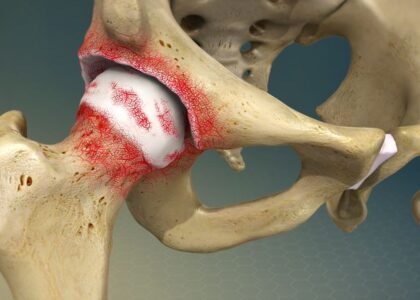Diabetes
Diabetes is a group of metabolic diseases characterized by a persistent high blood
sugar (glucose) level resulting from defects in insulin production, or insulin action, or
both.
There are three main types of diabetes:
Type 1 diabetes (formerly called juvenile-onset or insulin-dependent diabetes) is an
autoimmune disease that occurs when the body’s immune system attacks and
destroys the insulin-producing cells in the pancreas. Insulin is a hormone that helps
regulate blood sugar.
With type 1 diabetes, the body produces little or no insulin.
This leads to high blood sugar levels.
Type 2 diabetes is the most common type of diabetes. It occurs when the body
either becomes resistant to insulin, or doesn’t produce enough insulin.
Gestational diabetes is a type of diabetes that develops during pregnancy. It usually
goes away after the baby is born.
Symptoms of diabetes
The symptoms of diabetes can vary depending on the type and severity of the
condition. Some common symptoms include:
Increased thirst
Frequent urination
Increased hunger
Unexplained weight loss
Fatigue
Blurred vision
Slow-healing sores
Frequent infections
Complications of diabetes
If diabetes is not controlled, it can lead to serious complications, such as:
Heart disease
Stroke
Kidney disease
Nerve damage (neuropathy)
Eye problems (retinopathy)
Foot problems
Skin problems
Hearing problems
Alzheimer’s disease
Treatment of diabetes
There is no cure for diabetes, but it can be managed with a healthy lifestyle,
medication, and insulin. Treatment for diabetes may include:
Healthy eating: A healthy diet is important for everyone, but it’s especially important for
people with diabetes. Eating a healthy diet can help control blood sugar levels and reduce
the risk of complications.
Physical activity: Regular physical activity can help control blood sugar levels and improve
overall health. Weight management: Losing weight can improve insulin sensitivity and make it easier to
control blood sugar levels.
Medication: Several types of medications are used to treat diabetes. These medications work
in different ways to help control blood sugar levels.
Insulin: Insulin is a hormone that helps regulate blood sugar levels. People with type 1
diabetes and some people with type 2 diabetes need to take insulin to control their blood
sugar levels.
Living with diabetes
Diabetes is a chronic condition, but it can be managed with a healthy lifestyle and
treatment. People with diabetes can live long and healthy lives by following their
doctor’s recommendations and taking care of themselves.










